Think Tank
Visegrad Insight Breakfasts
Event: Visegrad Insight Breakfast – Europe’s economic security
30 January 2025
30 October 2024
The debate with Vladimír Bilčík, Marzenna Guz-Vetter, Rasťo Kužel, Zuzana Števulová, Michaela Terenzani, and Michal Vašečka.
The debate took place on 12 November at 2:00 PM at Hotel Falkensteiner, Pilarikova ulica 5 in Bratislava. The debate will be preceded by coffee and networking at 1:30 PM.
This debate examined at how the new European Commission is likely to work with civil society, focusing on two key areas: how NGOs can engage with EU law-making and how they access EU funding. The discussion covered how NGOs can take part in consultations and working groups, and how this can shape policy. It also explored the challenges and opportunities NGOs face when trying to secure and use EU funds. By bringing together different viewpoints, the debate aimed to highlight how the European Commission can build stronger partnerships with civil society, improving transparency, inclusion, and overall impact.
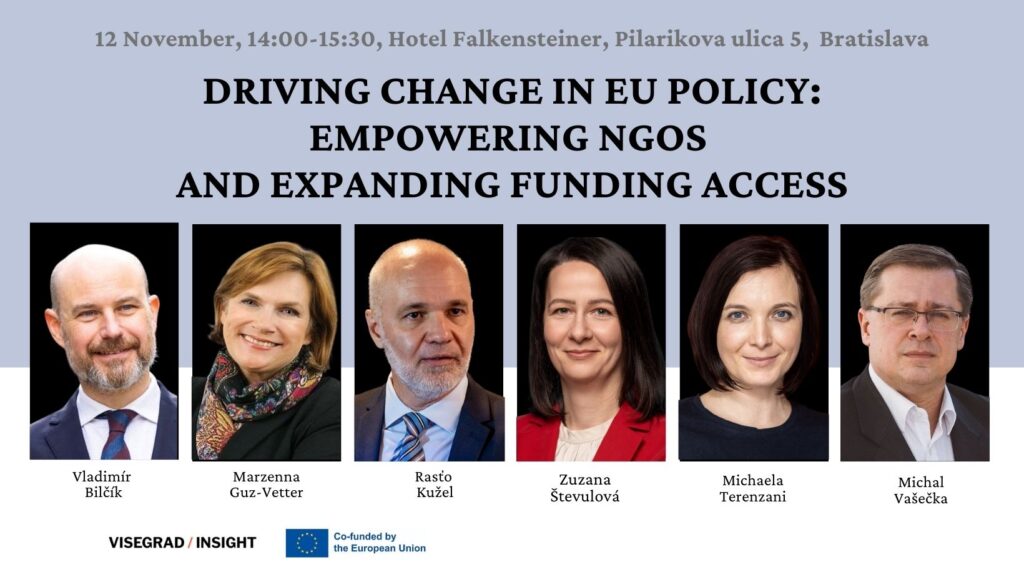
Speakers:
Vladimír Bilčík served as a Member of the European Parliament from 2019 to 2024. In the EP he worked on EU enlargement as Chair of the Delegation to the EU-Montenegro Stabilisation and Association Parliamentary Committee and as EP Standing Rapporteur for Serbia where he also co-led the Inter-Party Dialogue with Serbian political parties. He was a Member of the Committee on Civil Liberties, Justice and Home Affairs and served as Vice-Coordinator of the EPP Group in the Committee on Constitutional Affairs and Coordinator the EPP Group in the Special Committee on Foreign Interference and Disinformation. Prior to his parliamentary career, he was a university lecturer of political science at Comenius University and led the research programme on the European Union at the Slovak Foreign Policy Association (SFPA).
Marzenna Guz-Vetter is a former director of the European Commission Representation in Poland, an official of the European Commission associated with the Directorate-General for Communication, DG COMM, from 2005 to 2023. Since 2024, she has been working as an independent expert and publicist specializing in European Union and Polish-German relations. A Member of the European Commission’s Team Europe Direct expert network. Before joining the European Commission, she worked as a journalist for Polish and German media, including Polish Radio, as well as a correspondent for Financial Times Deutschland in Poland and a correspondent for Gazeta Wyborcza in Hungary.
Rasťo Kužel is a media & election expert with over 25 years of international experience. Since 1998, he has been running MEMO 98, a media-monitoring organization with extensive experience in delivering analyses and technical assistance to international institutions. For the last 7 years, Rasťo has focused intensively on the issue of online disinformation in the context of elections and on the role of AI and social media during elections and ways to tackle their negative impact on elections. He co-authored a White Paper on Social Media, Disinformation and Electoral Integrity to guide IFES in this area and the UNESCO/UNDP guide Elections in Digital Times. Drawing upon his experience, Rasťo wrote a media monitoring toolkit, which was developed with the support of the Council of Europe.
Zuzana Števulová – is a Member of the National Council of the Slovak Republic for Progressive Slovakia. She is a lawyer, feminist, human rights activist.
Michaela Terenzani is a Slovak journalist, currently serving as the head editor of national news desk at the Slovak daily SME. She previously served as the editor-in-chief of The Slovak Spectator.
Michal Vašečka is a Program Director of the Bratislava Policy Institute. Since 2012, he has served as Slovakia’s representative on the European Commission against Racism and Intolerance (ECRI) of the Council of Europe. He has a background in sociology and focuses his research on various topics such as ethnicity and migration studies, populism, extremism, social movements, and civil society. He has an extensive academic career, operating both in the Czech and Slovak republics and in the USA. He is a chairman of the Editorial Board of the Dennik N.
Find the photo story below, authored by Martin Sirotny:
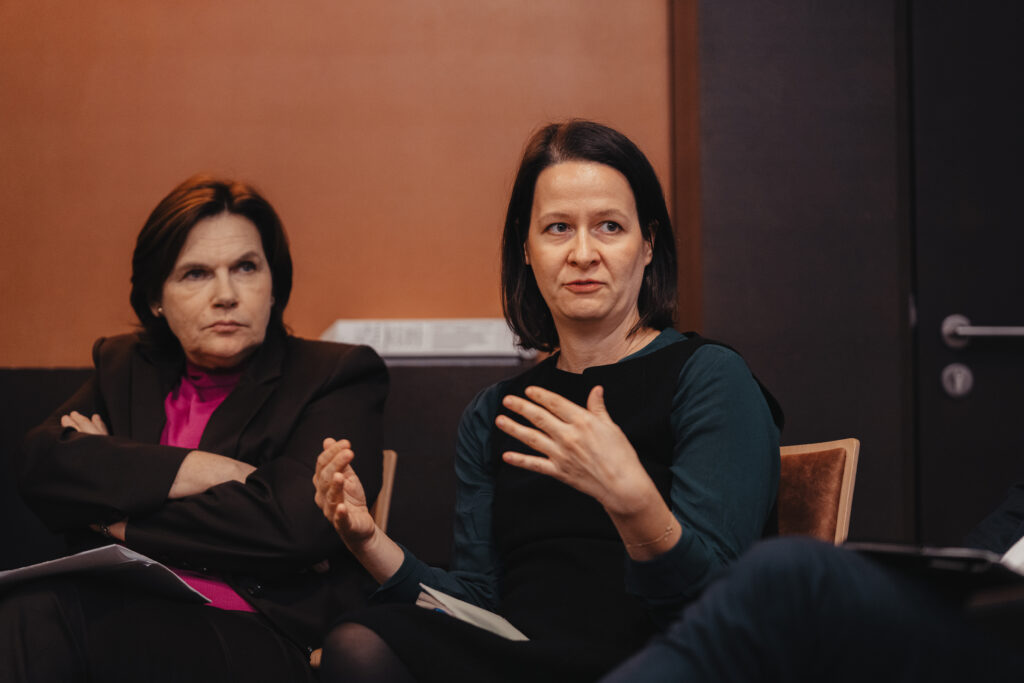
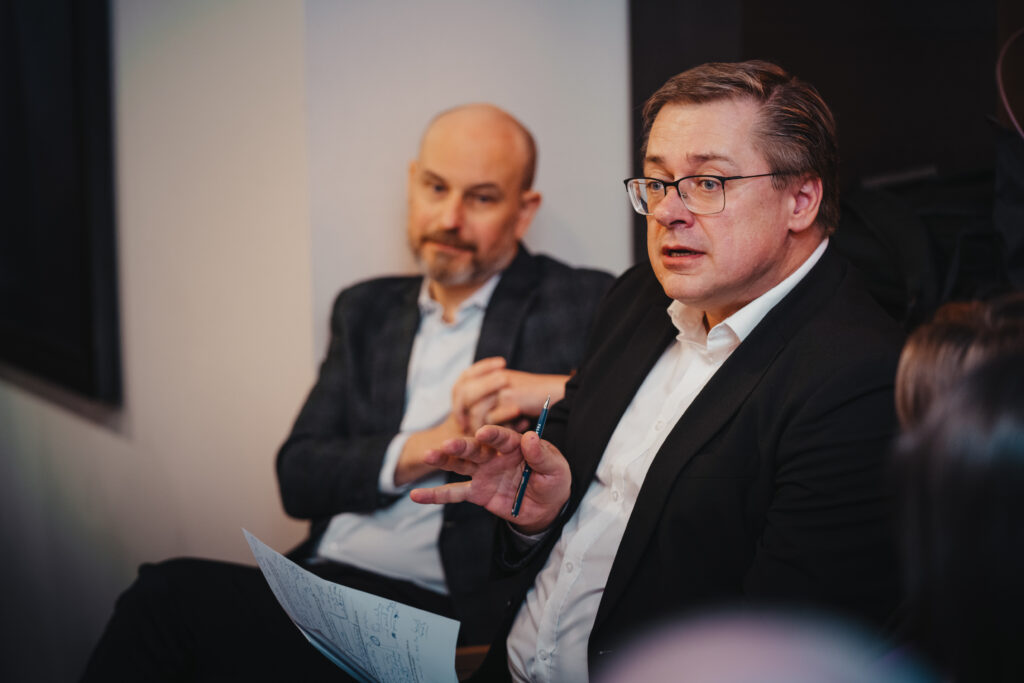


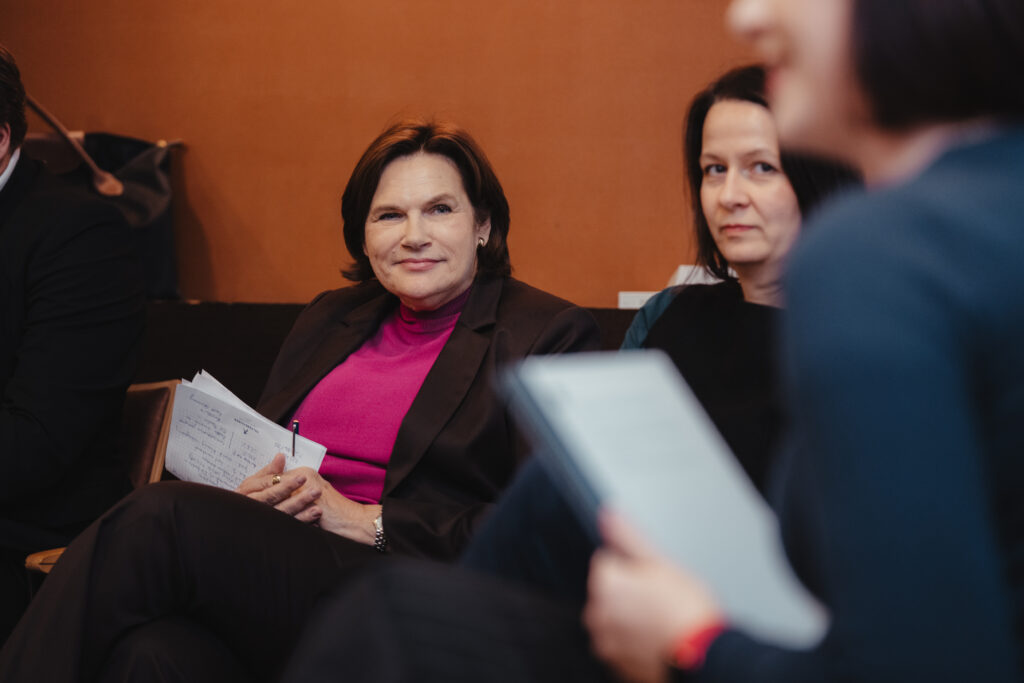
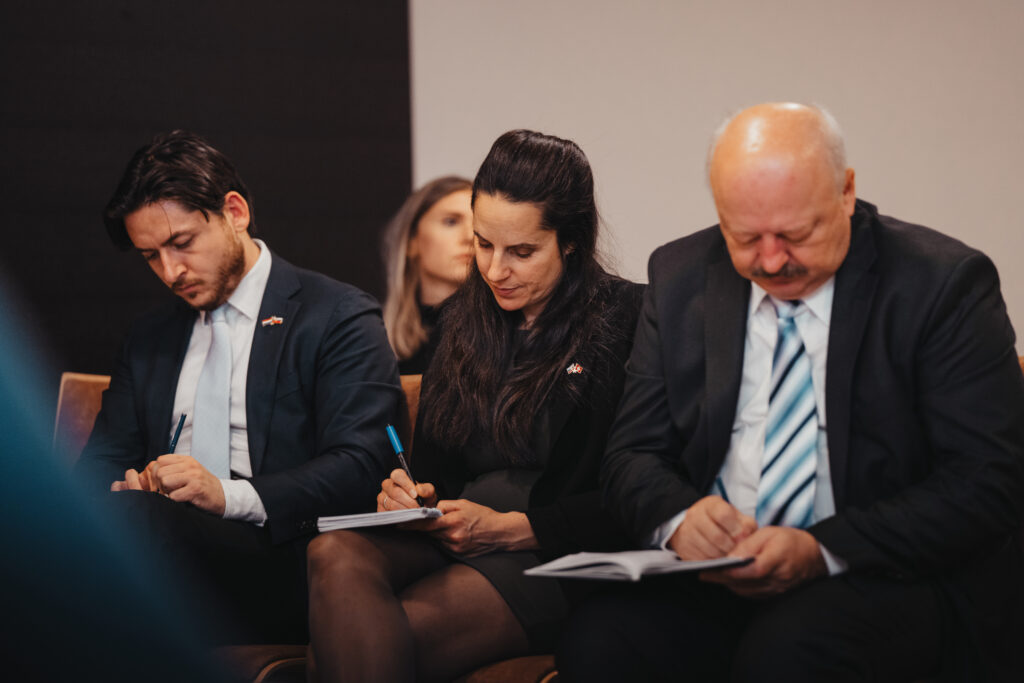
Registered participants of this event will receive a PDF working copy of a policy report on European values that Visegrad Insight is preparing in EU Values Foresight project, supported by the European Commission’s Europe for Citizens Programme and the Citizens, Equality, Rights and Values Programme (CERV) framework cooperation.